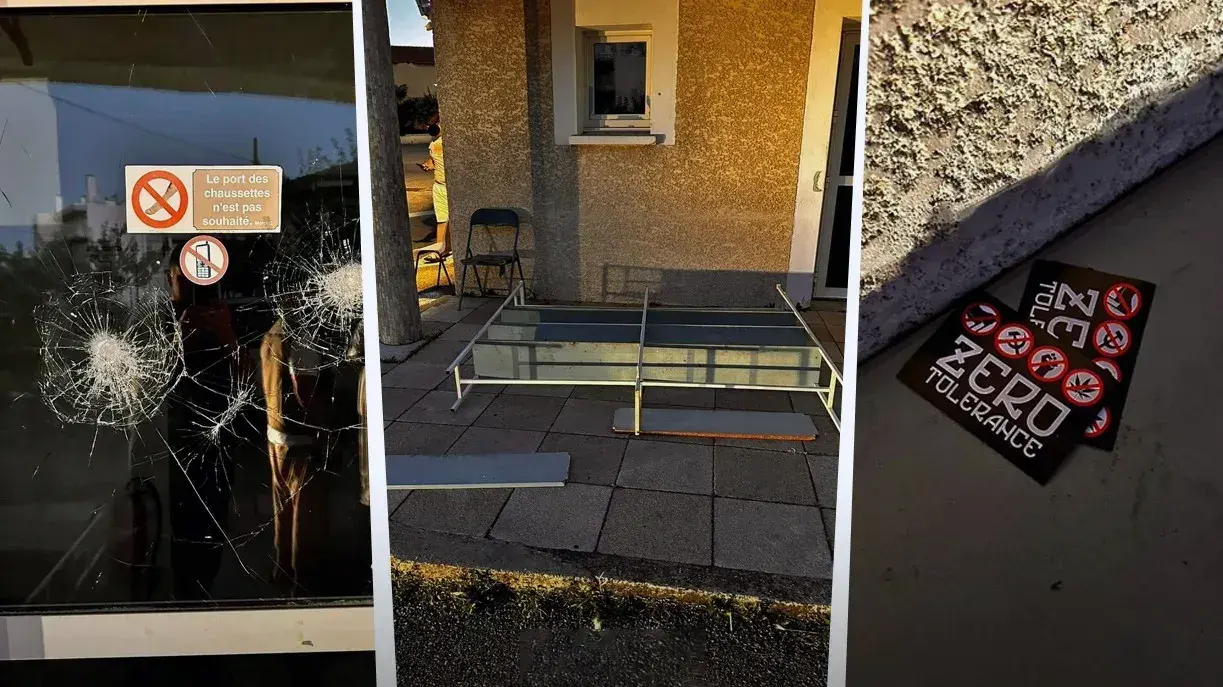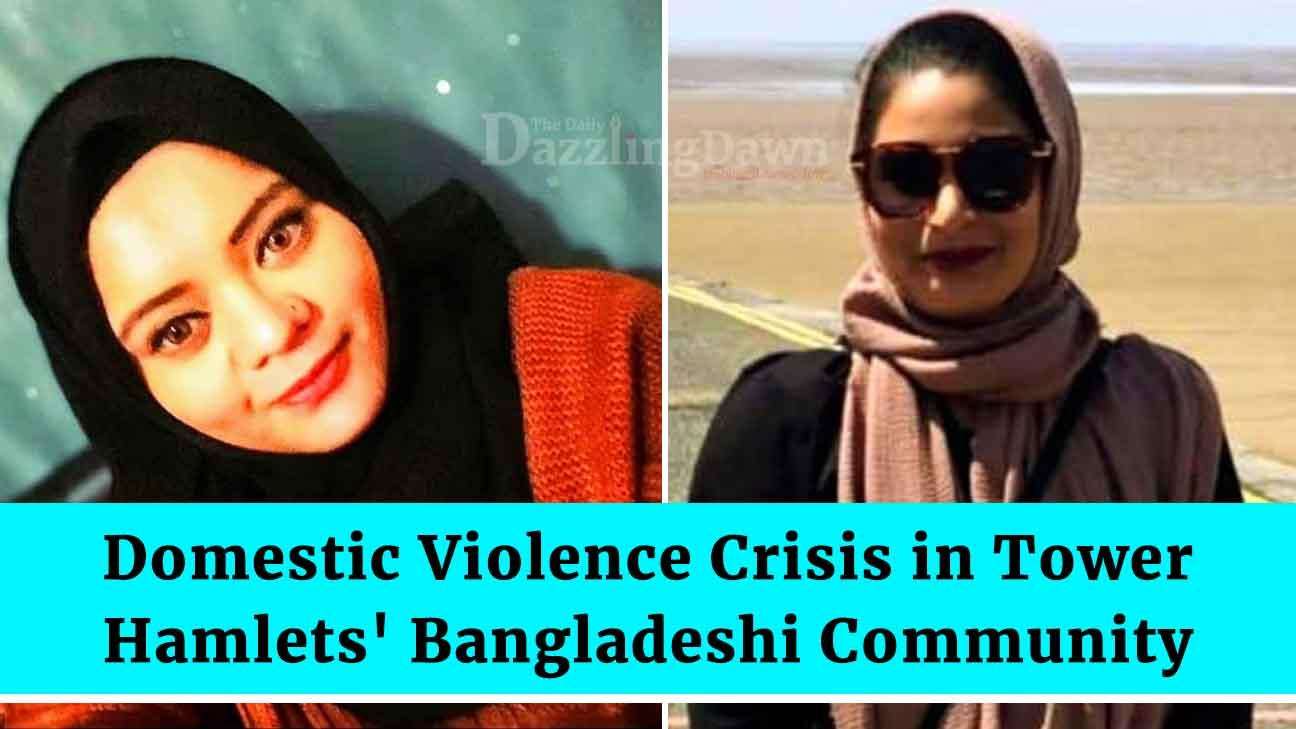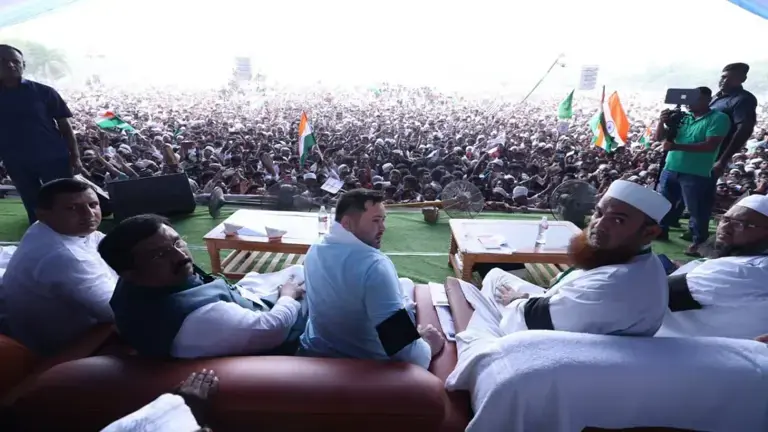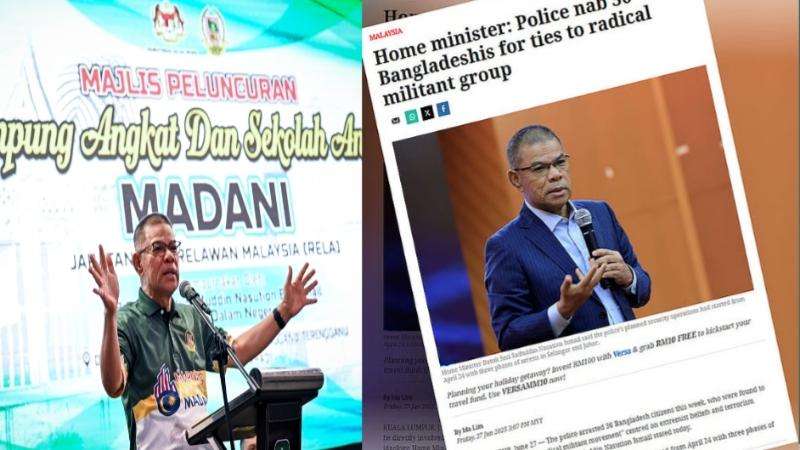A groundswell of anger has engulfed Bihar as Muslim organizations and leading political parties converged at Patna's historic Gandhi Maidan on Sunday to vehemently protest the controversial Waqf Act, 2025. This massive demonstration, orchestrated by the influential Imarat-e-Shariah, transcended immediate legislative concerns, evolving into a powerful indictment of the escalating discrimination and alarming violence faced by India's approximately 200 million Muslims, who constitute 14% of the nation's populace.
The Imarat-e-Shariah, representing Muslims across Bihar, Jharkhand, Odisha, and West Bengal, unequivocally condemned the Waqf Act. They argue it directly assaults Islamic principles of Waqf (charitable endowment), undermines religious autonomy, and infringes upon fundamental rights enshrined in the Indian Constitution. Many view this legislation as another instrument in a growing pattern of policies designed to marginalize and control India's Muslim community.
The protest garnered significant political support from parties including the Congress, Rashtriya Janata Dal (RJD), Samajwadi Party, and AIMIM. Leaders emphasized that the demonstration was not solely about safeguarding Waqf properties but fundamentally about preserving India's constitutional framework and the rights of its minority citizens.
Beyond the Bill: A Cry Against Systemic Discrimination
While the Waqf Act served as a potent rallying point, the impassioned speeches at the rally underscored a profound anguish within the Muslim community. Leaders articulated a pervasive sense of insecurity stemming from an escalating climate of hate speech, communal violence, and discriminatory policies that increasingly define the Muslim experience in contemporary India.
Congress leader Salman Khurshid passionately asserted the legitimacy of their opposition to the Waqf Amendment Act, expressing confidence that their collective resistance to this perceived infringement on Muslim rights would ultimately succeed. His words resonated with a community that feels its identity and existence are increasingly under threat. RJD leader Tejashwi Yadav, in a fiery address, vowed to "send the Waqf Act to the dustbin," promising his party's unwavering opposition in Parliament, before the Joint Parliamentary Committee, and even the Supreme Court. He further broadened his critique, stating, "Those who have harmed the Constitution will have to relinquish power after the October-November polls in Bihar, and a pro-poor government will be formed," reflecting the belief that current government actions disproportionately affect the poor and minorities. AIMIM state president and MLA Akhtarul Iman delivered a stark warning, declaring, "Both India’s Constitution and Islamic Shariah law are vital to us. Muslims cannot survive without Shariah. We will crush anyone attempting to eliminate it," signaling the community's resolve to protect its religious and cultural identity.
The Troubling Reality for India's Muslims: A Statistical Overview
The protests against the Waqf Act unfold against a backdrop of deeply concerning trends documented by human rights organizations and research bodies:
Anti-Muslim hate speech has alarmingly surged, with research indicating a 62% increase in the second half of 2023, averaging nearly one incident per day. A 2024 report highlighted almost two anti-Muslim hate speech events per day in 2023, with 75% of these occurring in states governed by the Bharatiya Janata Party (BJP).
Communal violence continues to plague the nation, resulting in over 10,000 deaths since 1950. A significant portion of these incidents, particularly since 2014, involve "cow protection" mobs, predominantly in BJP-governed states. Between 2015 and 2018 alone, these mobs caused at least 44 deaths and 280 injuries, primarily targeting Muslims accused of cow slaughter or beef consumption.
"Bulldozer justice," a practice of summary and abusive punishments, has been extensively documented by Human Rights Watch and Amnesty International. Authorities in several BJP-ruled states have resorted to unlawful demolitions of Muslim homes and properties without legal authorization, often as a form of "collective and arbitrary punishment." Between 2020 and 2022, over 2,840 properties, mostly belonging to Muslims, were demolished. The Supreme Court has even deemed such actions "high handed and arbitrary" and amounting to "collective punishment."
Reports suggest a concerning bias within law enforcement, with a 2019 report indicating that half of surveyed police showed anti-Muslim bias, making them less likely to intervene to stop crimes against Muslims. Furthermore, a staggering 79% of Indian Muslims fear further violence and government persecution, hindering their economic and social participation. Their representation in parliament has stagnated, holding just 5% of seats after the 2019 elections, partly due to the rise of the BJP, which by mid-2022 had no Muslim members in its parliamentary party.
The unified voice raised in Patna against the Waqf Act transcends a singular legislative challenge; it is a profound demand for justice, equality, and the preservation of constitutional values in a nation where its largest minority increasingly feels targeted and disenfranchised. The outcome of this struggle will undoubtedly have profound implications for the future of India's secular fabric and the rights of its diverse populace.







.svg)

.jpg)